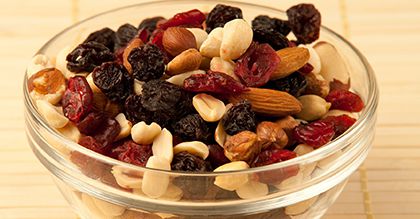If you are mother-to-be, you start preparing yourself for a number of things which you wouldn’t follow much if you weren’t expecting. You start following a proper schedule which lays down your activities for the day like how much time to spend on exercising, or at what intervals to eat etc. Taking you through this pregnancy is the job of a midwife or a healthcare provider who is in charge of prenatal care, the delivery, postpartum services.
Women usually see an OB-GYN during their pregnancy. But there are a lot of women in India who choose to have the guidance of both OB-GYNs and Midwives. Sometimes, they also opt for their family physician. But in most of the cases, the family physicians would have discontinued obstetrics training as it does fall under the purview of their predominant services. The whole idea behind appointing a midwife is for the mother to be comfortable as they do not share the same level of comfort with their doctors.
Your healthcare provider can be your OB-GYN, your midwife, your family physician, nurse practitioners, or perinatologists (doctors specializing in high-risk pregnancy). Usually, midwives are qualified enough when it comes to providing you with a quality pregnancy i.e. giving you a good pre-natal care and help you if you have a normal pregnancy. They help you experience the childbirth you want to experience. Midwives are exceptionally good at providing care and attention during term pregnancy and are easy to connect with. More than the physical care, they are also good at providing mental support and care to the pregnant woman and her family. They respect your wishes and practice what is in the right setting for you.
However, in cases of high-risk pregnancy or pregnancy which involves complications it is always better to consult a specialist. There are a lot of nurse practitioners who ace at dealing with complications during pregnancy but it is any day recommended that you see a specialist as a safe measure. Pregnant women must avoid in all circumstances, the intake of medications unless suggested by the healthcare provider. These medications must be discussed with the midwife before consumption. Not just the medications, every issue that arises during pregnancy like morning sickness, diet plans, exercise routines etc. should be discussed with the midwife.
Midwives usually have the knack of being able to help you deal with crisis during pregnancy like fever, vaginal bleeding, belly pain, irregular movements of the baby etc or any sort of emotional disturbance, mental trauma etc. These circumstances are difficult to deal with, and your midwife helps you get through such situations. Also they help you get through delivery with much more ease as compared to the doctor.


 Toll Free Number
Toll Free Number















